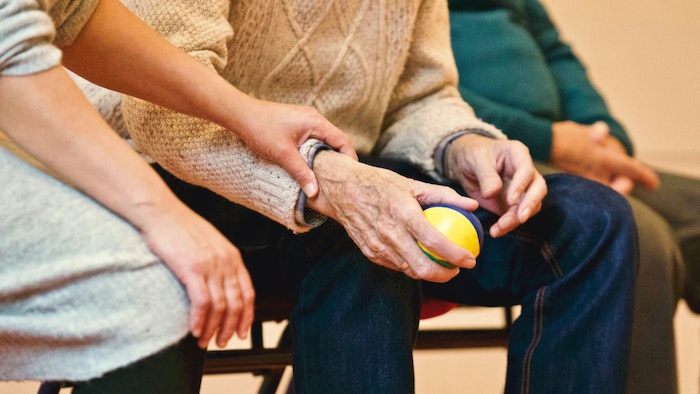Nurses and other health workers in Northern Ireland began a strike yesterday having voted overwhelmingly earlier this month to take action over safe staffing levels and pay parity.
The action marks the first time nurses have chosen to strike in the Royal College of Nursing’s 103-year history.
Waiting lists and waiting times have reached crisis levels for patients across Northern Ireland, partly as a result of poor pay and staffing, according to Unison.
The action is expected to continue until Wednesday 18 December and involves Unison members across the entire health and social services system, including nurses, ambulance staff, clerical workers and social care employees.
In addition, there will be strikes by a number of specific groups of workers at five health and social care trusts in Northern Ireland.
According to Claire McNeilly, a journalist at The Belfast Telegraph, Northern Ireland nurses are chronically stressed, suffering sleepless nights and pushed to the brink of exhaustion.
Recent data released by the Northern Ireland Department of Health shows 41.3% of inpatient waiting times exceeded 52 weeks in the second quarter of this year. It also found 64% of patients in Northern Ireland experienced waiting times in excess of six months.
Patricia McKeown, regional secretary, Northern Ireland for Unison, said: “None of the employees involved have taken the decision lightly. They are determined to fight for justice on both pay and staffing levels. The public is supportive of their campaign for pay justice. Those in charge – the Department of Health, the health trust boards and the executive teams – must now match the courage and determination of the workforce to save the health service from further crisis.”





